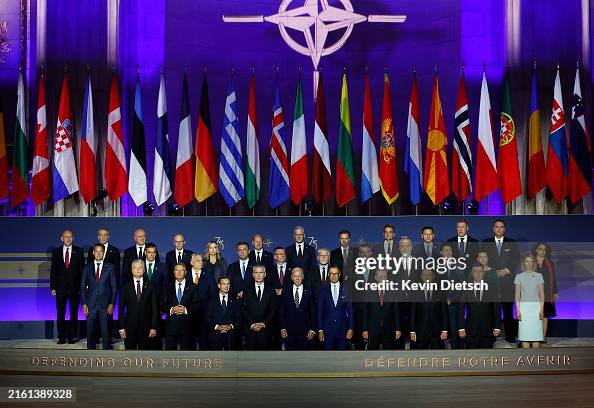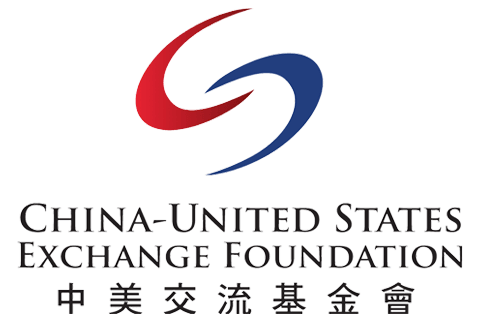
Dear Focus Reader,
This week, U.S. Vice President Kamala Harris officially announced Minnesota Governor Tim Walz as her running mate in the 2024 U.S. Presidential election, and Walz's past experiences in China have drawn attention from both American and Chinese citizens and media.
Walz spent a year teaching English and American history in China's Guangdong Province in 1989 (a time of significant political turmoil), ran a business that facilitated educational exchanges for American students in China, and even speaks a bit of Mandarin Chinese.
While Walz has maintained a relatively balanced stance on China throughout his political career, from co-sponsoring bills aimed at addressing alleged human rights abuses in China as a member of the House of Representatives, to calling on Trump to end his trade war with Beijing as a governor, some far-right U.S. media outlets have scrutinized and politicized his background and personal ties to China. But others see his firsthand experience in the country, including his participation in people-to-people exchanges, as a potential bridge for fostering dialogue between the two nations at a time when relations are particularly strained. His time in China has also sparked discussion on Chinese social media, with users expressing both hope and skepticism about his potential influence on U.S.-China relations if Harris is elected.
More broadly, some analysts have noted that a Harris-Walz ticket could signal a foreign policy that prioritizes diplomacy over military intervention. It's thought that they may promote a pragmatic approach to international relations, seeking strategic partnerships that encourage dialogue on pressing global challenges like climate change and trade relations, which could shift how the U.S. engages with international issues, including those concerning China.
Learn more on China-U.S. relations by catching up on our latest Focus content, including topics on U.S.-China trade, AI regulation, and NATO.
The percentage of the global economy China, India, and Indonesia will collectively reach by 2060.
Learn more in "U.S. Seeks to Divide and Conquer Global South," by Zhao Minghao, professor at Fudan University and China Forum Expert.
Footprints of the Folk Dance Tradition | Tasmin Little
Watch VideoIn our Focus Insights section, we shared an article by Joseph Nye, analyzing the need for swift U.S.-China action on AI regulation for national security.
We want to hear from you!
How will advancements in technology (e.g. AI, cybersecurity) play a role in shaping future national security strategies?
Submit your thoughts to USeditor@chinausfocus.com for a chance to be featured in next week's Focus This Week.
useditor@chinausfocus.com for more info.
Prepared by China-US Focus editorial teams in Hong Kong and New York, this weekly newsletter offers you snap shots of latest trends and developments emerging from China and the U.S. every week. It is a community space to exchange thoughts and ideas about the China-U.S. relationship and beyond.
- 2024-08-02 Focus This Week: Time Remaining
- 2024-07-26 Focus This Week: Political Shifts
- 2024-07-19 Focus This Week: The Third Plenum
- 2024-07-12 Focus This Week: 75 Years of NATO
- 2024-06-28 Focus This Week: The Race to November
- 2024-06-21 Focus This Week: Global Currents
- 2024-06-14 Focus This Week: A Diplomatic Tour
- 2024-06-07 Focus This Week: Searching for Peace
- 2024-05-31 Focus This Week: A Rare Meeting
- 2024-05-24 Focus This Week: Inauguration Across the Strait
- 2024-05-17 Focus This Week: Alliance Strengthened
- 2024-05-10 Focus This Week: Strategic Partnership
- 2024-05-03 Focus This Week: Xi's Heading to Europe
- 2024-04-26 Focus This Week: Advancing Relations
- 2024-04-19 Focus This Week: Collective Concerns
- 2024-04-12 Focus This Week: Regional Coordination
- 2024-04-05 Focus This Week: Diplomatic Engagement
- 2024-03-29 Focus This Week: Economic Goals
- 2024-03-22 Focus This Week: Promoting Exchange
- 2024-03-15 Focus This Week: TikTok's Time Ticks



